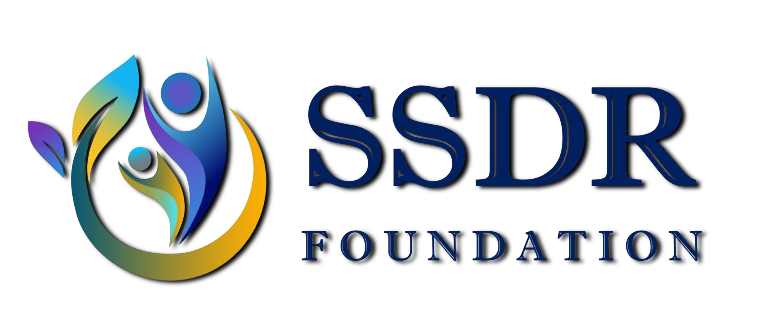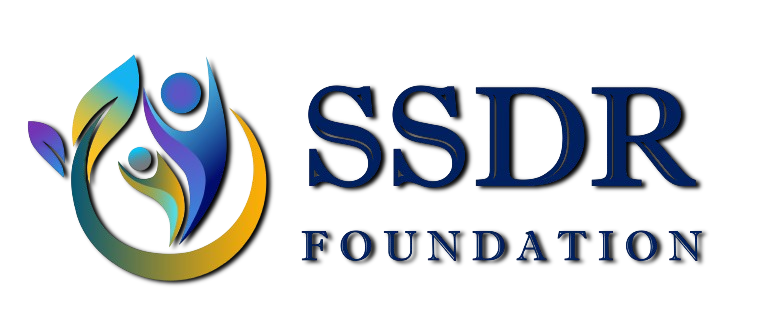Self mastery is a path, an orientation one chooses to hold toward oneself and the world. It’s a commitment to never-ending improvement; it’s a process of becoming. It’s based on the realization that there are parts of us that will always try to hold us back. Our biggest naysayers aren’t “out there.” They are within us. Someone committed to this path of self mastery is willing to find ways to transcend their fear and break through their resistance. Personal mastery implies that one possesses the self-awareness necessary to identify the source of one’s resistance and the creativity to find ways beyond it. A common belief about self mastery is that it’s about controlling your basic impulses. This, I believe, leads many people astray. Self mastery isn’t about controlling yourself or dominating those fearful, aggressive, and nasty parts within us. It’s about getting to know these parts, but then transcending them. Resolving these inner tensions, you can find wholeness and allow the natural process of development to take hold.
Self-mastery refers to the ability to gain control and mastery over oneself, including one's thoughts, emotions, behaviors, and habits. It involves developing a high level of self-awareness, self-discipline, and the capacity to navigate life's challenges with resilience and effectiveness. Self-mastery is a lifelong process of personal growth and development, and it can have a positive impact on various aspects of life, including relationships, career, health, and overall well-being
ey principles and practices associated with self-mastery include:
Self-Awareness: Understanding your strengths, weaknesses, values, beliefs, and motivations is essential for self-mastery. This awareness allows you to make conscious choices and decisions aligned with your true self
Emotional Intelligence: Developing emotional intelligence involves recognizing and managing your own emotions and understanding and empathizing with the emotions of others. This skill helps you respond to situations in a balanced and constructive way.
Self-Discipline: Self-mastery requires the ability to resist impulses, delay gratification, and stay focused on long-term goals. Developing self-discipline helps you maintain consistency in your actions and behaviors.
Mindfulness and Meditation: Practicing mindfulness and meditation can enhance self-awareness, reduce stress, and improve emotional regulation. These practices help you stay present and attentive to your thoughts and feelings without judgment.
Goal Setting: Setting clear and meaningful goals gives you a sense of direction and purpose. Self-mastery involves setting both short-term and long-term goals and working consistently toward their achievement.
Time Management: Effectively managing your time and prioritizing tasks are crucial for self-mastery. Learning to allocate your time to activities that align with your goals and values helps you achieve more in less time.
Enroll NowResilience: Cultivating resilience involves bouncing back from setbacks, failures, and difficult situations. Resilient individuals are better equipped to handle adversity and maintain a positive outlook.
Positive Self-talk: Cultivating a positive and empowering inner dialogue can boost your self-esteem and help you overcome self-doubt and negative self-perceptions
Physical Wellbeing: Taking care of your physical health through regular exercise, proper nutrition, and adequate sleep supports mental clarity, emotional stability, and overall well-being.
Continuous Learning: Embracing a growth mindset and being open to learning from experiences, mistakes, and feedback contributes to self-mastery. It allows you to adapt and evolve as you encounter new challenges etc.
Remember that self-mastery is a journey, not a destination. It requires ongoing effort, self-compassion, and patience. Different people may focus on different aspects of self-mastery based on their individual goals and circumstances. Whether you're working on personal development, professional success, or overall life satisfaction, self-mastery can contribute significantly to your journey
This course is designed to assist you on your path. It will point out the pitfalls and offer suggestions to support your efforts in personal development.

COURSE OUTLINE (For Professionals)
MODULE-1: SELF AWARENESS
Lession-1 : Values, belief and attitude
Lession-2 : Know yourself
Lession-3 : Find your purpose of life
MODULE-2: SELF RESPONSIBILITY
Lession-4 : Setting goals and Planning for career
Lession-5 : Managing Body, mind and emotion
Lession-6 : Habit Reprogramming
MODULE-3: SELF DEVELOPMENT
Lession-7 : Improving Communication Skill
Lession-8 : Improving Problem Solving Skill
Lession-9 : Leadership and Personal Productivity
MODULE-3: SELF REALIZATION
Lession-10 : Ensuring success, happiness & peace in life
Enroll Now



